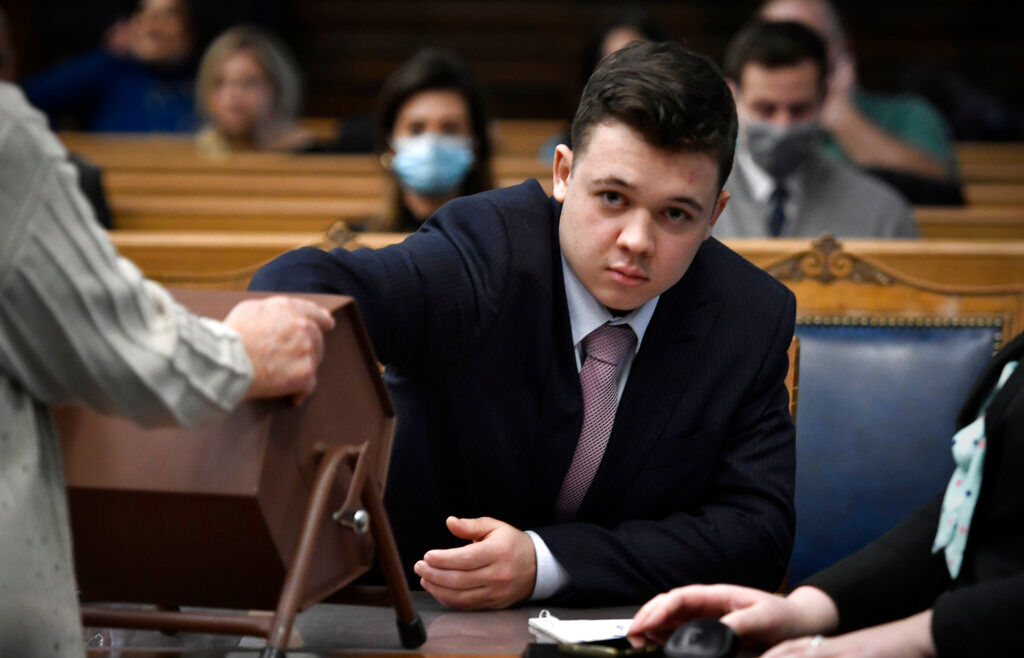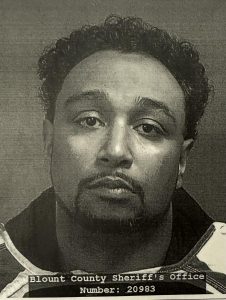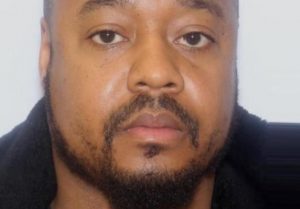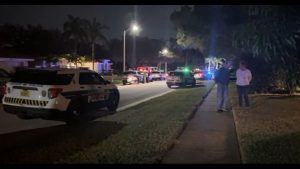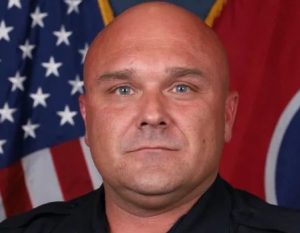US teenager Kyle Rittenhouse on Friday was acquitted of all charges in the killing of two men and wounding of a third at a Wisconsin protest against racial injustice last year. Rittenhouse, 18, pleaded self-defence in the deadly Kenosha shootings that became a flashpoint in the country’s debate over guns, vigilantism and racial injustice.
Following the announcement of the verdict, Rittenhouse cried and hugged one of his attorneys. He had been charged with homicide, attempted homicide and reckless endangering after killing two men and wounding a third with an AR-style semi-automatic rifle during a tumultuous night of protests over police violence against Black people in the summer of 2020. The former police youth cadet is white, as were those he shot.
The jury, which appeared to be overwhelmingly white, deliberated for close to three and a half days.
If found guilty, Rittenhouse would have gotten life in prison on first-degree intentional homicide charges or what some other states call first-degree murder.
Last year, aged 17, Rittenhouse went from his home in Antioch, Illinois, to Kenosha after businesses in the city were ransacked and burned over the shooting of a Black man, Jacob Blake, by a white police officer.
Carrying a weapon that authorities said was illegally purchased for the underage Rittenhouse, he joined other armed citizens in what he said was an effort to protect property and provide medical aid.
Bystander and drone video captured most of the frenzied chain of events that followed: Rittenhouse killed Joseph Rosenbaum, 36, then shot to death protester Anthony Huber, 26, and wounded demonstrator Gaige Grosskreutz, now 28.
Prosecutors portrayed Rittenhouse as a “wannabe soldier” who had gone looking for trouble that night and was responsible for creating a dangerous situation in the first place by pointing his rifle at demonstrators.
But Rittenhouse testified: “I didn’t do anything wrong. I defended myself.”
Meanwhile, the exact racial makeup of the Rittenhouse jury wasn’t clear because jurors were not asked about their race in court. However, some civil rights activists saw a racial double standard in the way the white gunman was treated.
With inputs from the Associated Press

